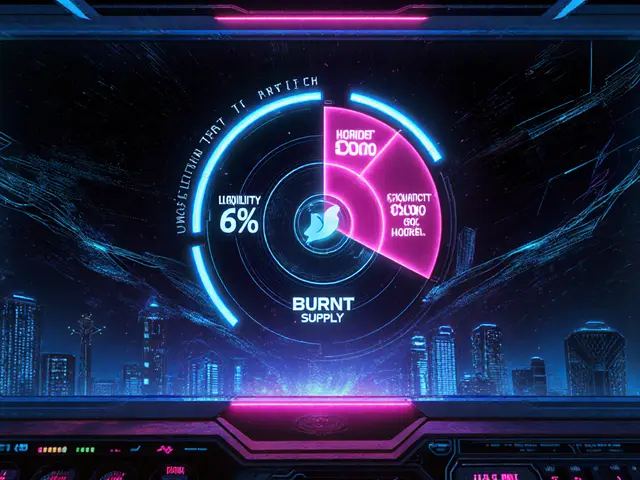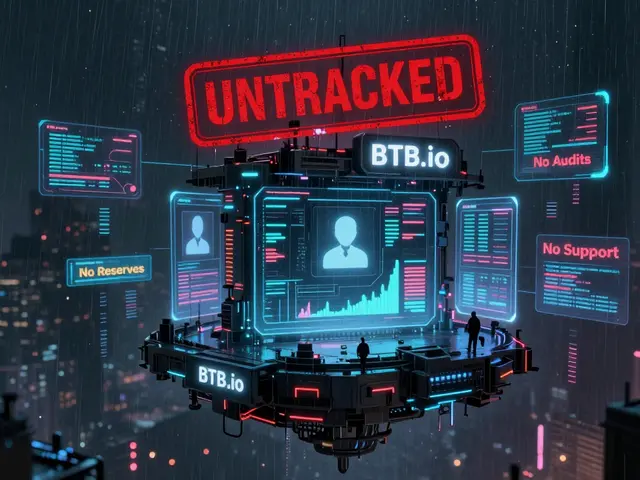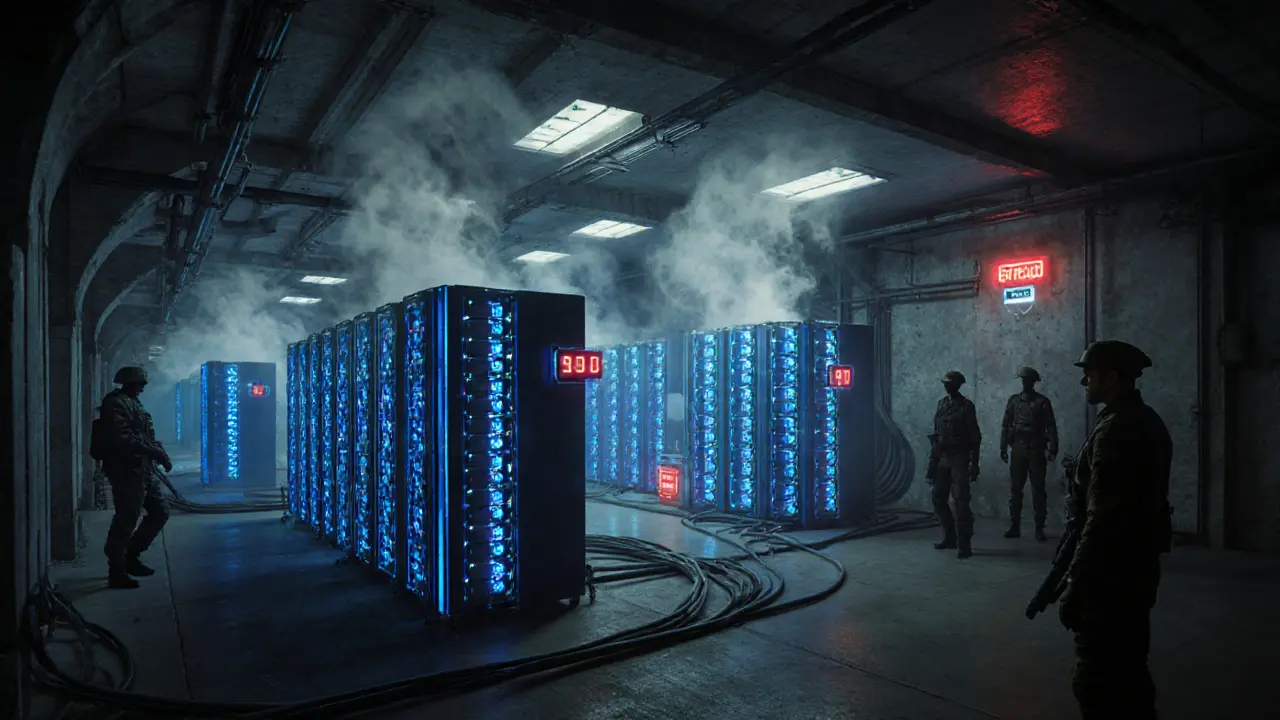IRGC Crypto: What It Is, Why It Matters, and How Sanctions Shape Crypto in Restricted Regions
When people talk about IRGC crypto, a term used to describe cryptocurrency activities linked to Iran’s Islamic Revolutionary Guard Corps. It’s not a token, not a project, and not something you can buy—it’s a label used by regulators and blockchain analysts to track financial flows tied to a sanctioned military organization. The IRGC, a powerful branch of Iran’s military with control over key industries and international sanctions evasion networks. Also known as Islamic Revolutionary Guard Corps, it’s been under U.S. and EU sanctions since 2007 for funding terrorism, missile programs, and regional destabilization. Crypto doesn’t change that. It just gives them new tools.
Blockchain forensics firms like Chainalysis and Elliptic have traced millions in crypto transactions to wallets connected to IRGC-linked entities. These aren’t random users—they’re part of a structured effort to bypass banking restrictions. When Iran’s banks are cut off from SWIFT, crypto becomes a lifeline. But that lifeline also makes it a target. The OFAC, the U.S. Treasury’s Office of Foreign Assets Control, which enforces economic sanctions globally. Also known as Office of Foreign Assets Control, it regularly updates its SDN list with crypto addresses tied to the IRGC, making any interaction with them a legal risk—even if you didn’t know. This is why exchanges like Binance and Kraken freeze Iranian wallets. This is why some countries, like Bangladesh and Pakistan, clamp down on crypto not just for control—but because they’re pressured to block sanctioned actors.
Don’t be fooled by rumors that IRGC is launching its own coin. There’s no official IRGC token. What exists are scams pretending to be backed by Iran’s military, or traders in restricted regions using crypto to survive economic collapse. The real story isn’t about technology—it’s about power, control, and survival. If you’re trading in countries under sanctions, you’re not just managing risk—you’re navigating a minefield where every transaction could be flagged. The posts below dive into how countries like Syria and Cuba face shifting crypto rules, how Venezuela’s citizens bypass restrictions, and how blockchain forensics makes hiding funds harder than ever. You won’t find a guide on how to trade with the IRGC. But you will find what actually happens when crypto meets sanctions—and why it matters to everyone, even if you’re not in Tehran.




